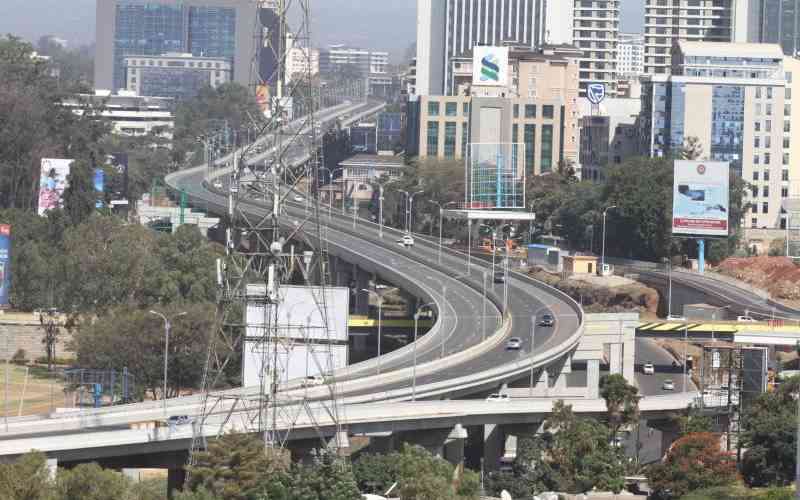×
The Standard e-Paper
Fearless, Trusted News

There has been a rejuvenated global interest into African real estate after two years of the Covid-19 pandemic. This is according to the Knight Frank Africa Horizons 2023-24 Report, which has a comprehensive analysis of Africa's remarkable recovery following the prolonged aftermath of the pandemic.
The renewed interest is demonstrated by the recent engagement and substantial investment commitments from major global powers, including the US, UK, South Korea, UAE, Saudi Arabia, Turkey and China.